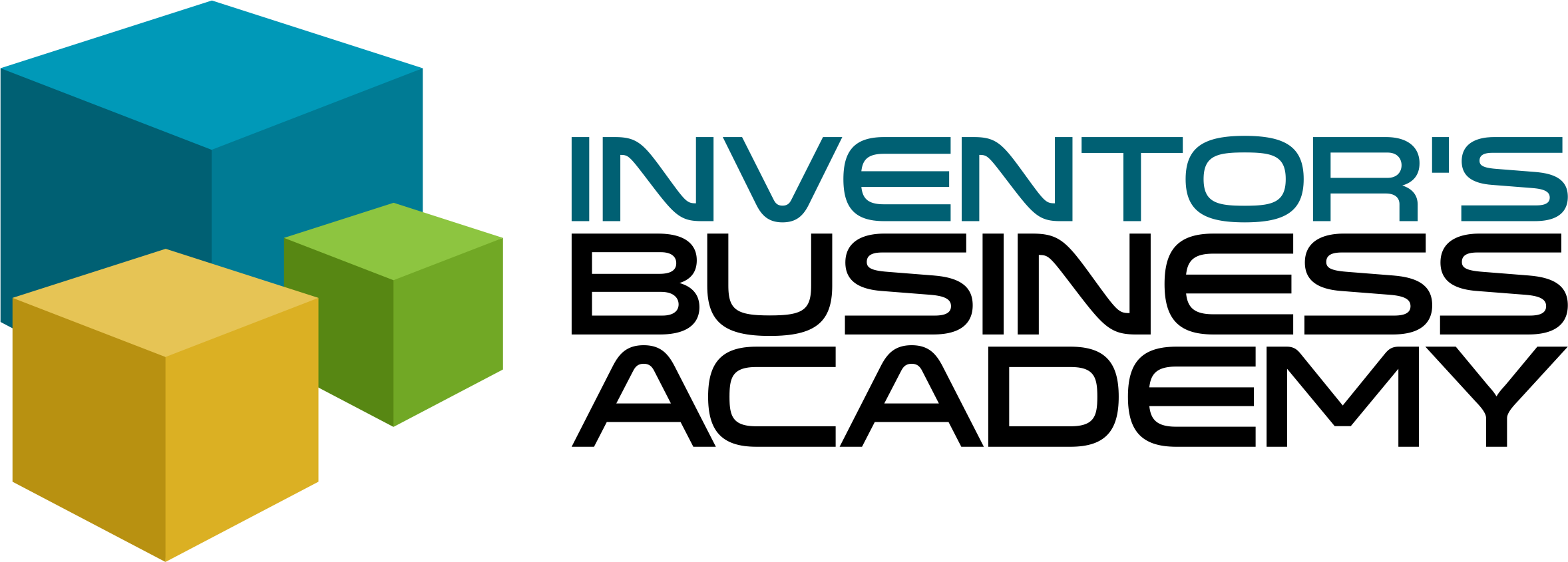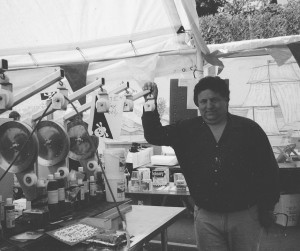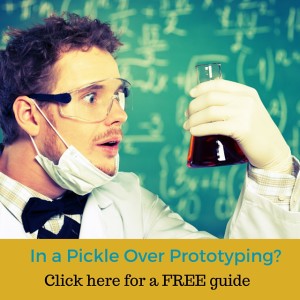It’s one of the most common questions that we’re asked …..”How do I stop other people copying my idea?”
It’s a real fear that most inventors have. After all, it would really really suck if you invested time and money into an awesome new product, only to have someone copy you, and reap the benefits, wouldn’t it?
So what can you do? Well there are really only a couple of ways that you can legally protect your rights to benefit from your idea.
Patents
A patent is the legal tool used to protect an inventor’s rights to exclusively benefit from his or her original idea for a physical product.
So to unpack that :
- A patent is used for a physical product or the process to create a physical product. (Copyright is used to protect written or documented creations such as novels, manual, manuscripts and music)
- A patent DOES NOT keep you idea “Secret” – just the reverse. In exchange for the exclusive right to benefit from your patented invention, the inventor must reveal all details of his or her invention. The patent is, in effect a contract between the State and the Inventor.
- A patent has a finite lifespan – usually about 20 years
- The phrase “patent pending” DOES NOT infer a legal status – it merely means that a patent has been applied for. However, should a patent be awarded, the legal status is back-dated to the original time of application. So should someone try to copy the idea after the application, if the patent is awarded, damages and costs may be payable from the application date, NOT the date of the patent. So ‘Patent Pending” can act as a deterrent.
TIP # 1 – Consult with a Professional
Intellectual Law can be complicated and confusing. So we ALWAYS recommend that inventors consult with a lawyer, preferably one who specializes in Intellectual Property Law.
It can be expensive, but you are far more likely to have a favourable outcome if you application is handled by a Lawyer. Also, a GOOD lawyer will inform you from the outset is your application has any merit.
The criteria for landing a patent are quite complex – you cannot have sold, or offered for sale, your invention; it must be unique and original, either in design or functionality; and there are some products or processes that cannot be patented , for example, a chemical process.
Also, there are options to consider – do you want a North American patent, or a global patent? A lawyer will be able to advise you.
TIP # 2 – Start an Inventor’s Logbook
Apart from the other advantages of documenting the process of your project, a Logbook can be produced as proof that the idea is yours, should there be a dispute in a court of law.
Remember that you have to go “old school” with a logbook – don’t document your process online, use an ACTUAL LOGBOOK, that’s properly bound. In other words, you should not be able to remove or add a page without detection. The logbook must be the original, chronological documentation of the concept of the idea, and the development process.
You should include everything in the logbook – sketches, details of prototypes, test results, market research. And wherever possible, have each page initialed by an independent witness.
TIP # 3 – Apply for a Trademark
In contrast to the Patent process, applying for a trademark is quite straightforward and inexpensive. A “trademark” is defined as a recognizable sign, design, or expression which identifies products or services of a particular source from those of others. (wikipedia)
Should your patent application be unsuccessful, trademarking your brand will start to differentiate your product from copies.
TIP #4 – Don’t Procrastinate!
Get your product out there as soon as possible. We have found that “the first one to the table gets all the gravy”
Make sure you create a QUALITY product, focus on MARKETING your product to the right people, and LOOK AFTER your customers.
Even if there are copies of your product on the market, make sure that yours is the best!
Remember
“There are no million dollar ideas, just “MILLION DOLLAR EXECUTIONS!” (Chris Hawker).
LIVE CLASS – HOW DO I PROTECT MY INVENTION FROM COPYCATS?
Bob and I have been through the patent process several times now (successfully) and have also had to defend our patent in court. Join us on OCTOBER 7th, at NOON (Pacific Time) for a LIVE CLASS and ONLINE DISCUSSION. (note, we are not qualified to comment on the “patentability” of individual products, sorry).
SIGN UP HERE, for all the details!




